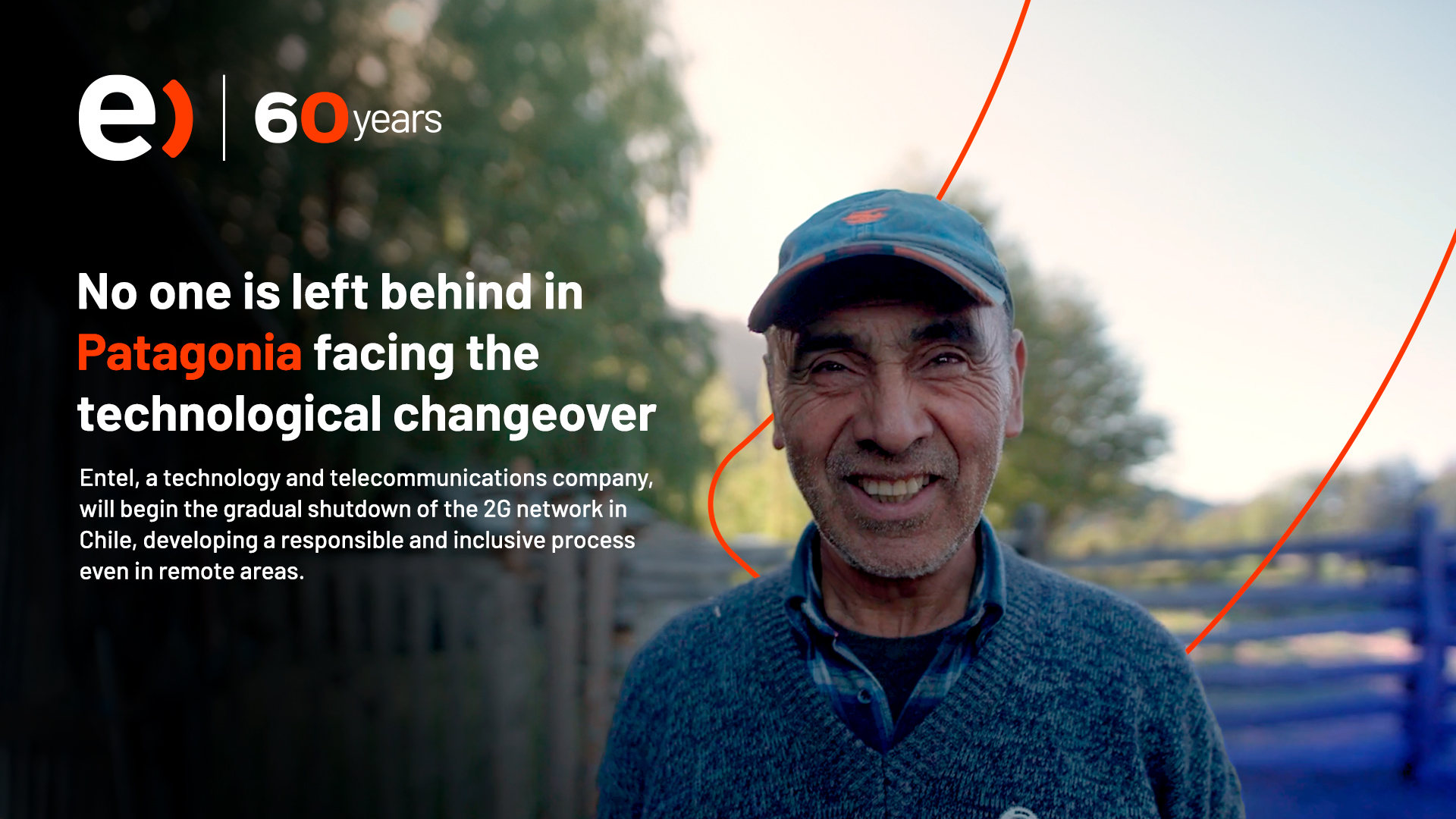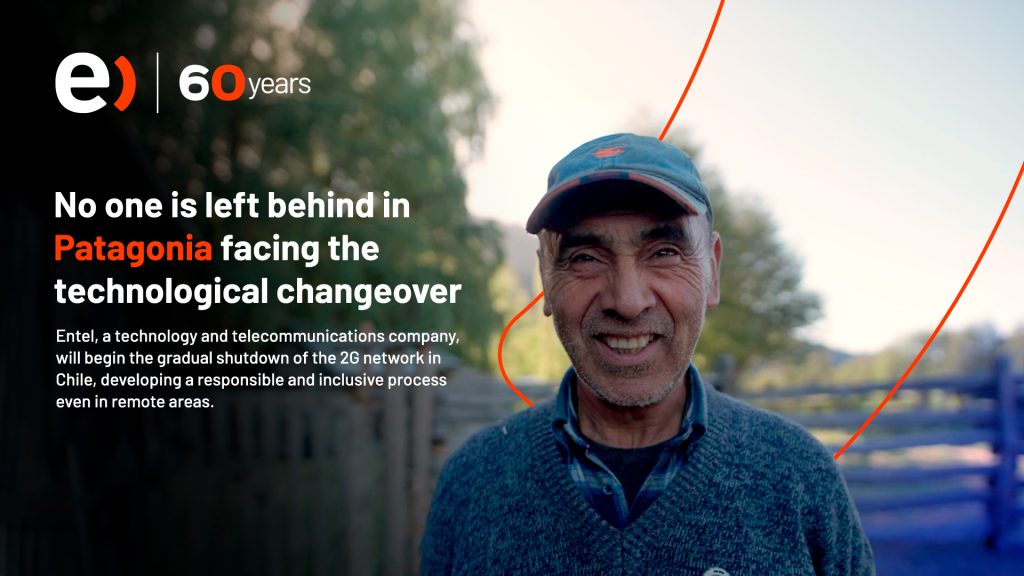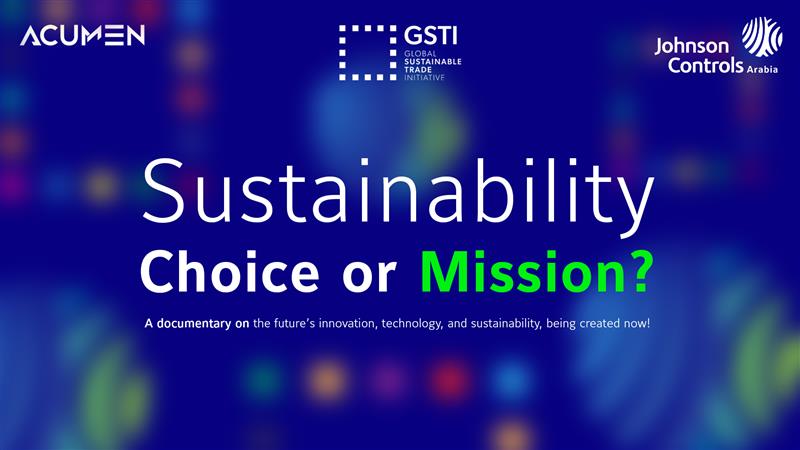No one is left behind in Patagonia

Entel begins its shutdown of Chilean 2G network, developing an inclusive process that maintains connectivity for the elderly and needy.
The evolution of mobile technology in Chile has been very dynamic. Since the arrival of the 2G (second generation) signal at the beginning of this century, which allowed basic communications through text messaging and voice calls, in less than two decades massive coverage has been achieved with a 5G network that is at the forefront. But not all people have kept pace with these changes, particularly older people in rural and remote areas of the country such as Patagonia.
Entel Ensures Connectivity in Patagonia Amid 2G Shutdown with Inclusive Technology Solutions
And this reality is particularly sensitive to the need for a gradual shutdown of 2G technology in Chile from mid-2024. This change, as has occurred in the United States and several countries in Europe and Asia, will allow a more efficient and effective use of the spectrum, improve the browsing experience, advance in inclusive digitization and make energy consumption more efficient.
In this context Entel, a leading technology and telecommunications company, is committed to carrying out this process by putting people at the center. Thus, it has already visited more than 100 communities in the northern, central and southern areas of the country, delivering thousands of free and personalized devices that will allow users (especially the elderly) to stay connected and keep their normal routines when the change takes place.

Patagonia’s Connectivity Preserved: Entel’s Inclusive Approach to 2G Network Shutdown
“The stories of connection and access to technology are endless. In our nearly 60-year history, we have worked to provide a robust network that has changed along with technological development. But our purpose is not technology itself, it is to change people’s lives through technology. In this process we have arranged a proactive territorial deployment informing customers to facilitate this transformation and supporting elderly people or the ones from remote areas by providing superior technology cell phones, minimizing as much as possible the impact on their lives and, even more, incorporating them into today’s digital world,” said Antonio Buchi, Entel’s CEO.
And examples of these stories are those of Benedicto Aguirre and Irene Oyarzo, elderly people from Cochrane, a town in Chilean Patagonia located more than 1,500 kilometers from the capital. While he realized that in case of any health problem he cannot be disconnected, she wanted to maintain the link with her grandchildren who call her weekly from far away. Both received new cell phones with 3G and 4G connectivity.
Sustainable Technology Transition in Patagonia: Entel’s Efforts in 2G Network Replacement
“The shutdown of the 2G network is a global trend that aims to promote networks with more modern, sustainable technologies and with greater connectivity possibilities. The evolution of our mobile networks is a fundamental part of our commitment to bring the infinite possibilities offered by technology, as we have done in our 60-year history. For this reason, we understand that it is important to do so in a responsible manner, to reduce any impact as much as possible. The spirit of this project, also linked to digital inclusion, is that no one is left behind,” said Francisca Florenzano, Entel’s Sustainability and Communications Manager.
The 2G replacement also aims to be environmentally sustainable, so that the old devices that are discarded will go to Entel’s recycling programs to give them a new life in a circular economy strategy.
The impact of Entel’s work has been recognized in various measurements. According to the recent Merco ESG Chile report, the company once again ranked first in its industry in terms of ethical behavior, transparency and good governance, and employee responsibility. It also became the Latin American leader in its category in Standard & Poor’s Global’s “Sustainability Yearbook 2024”.














